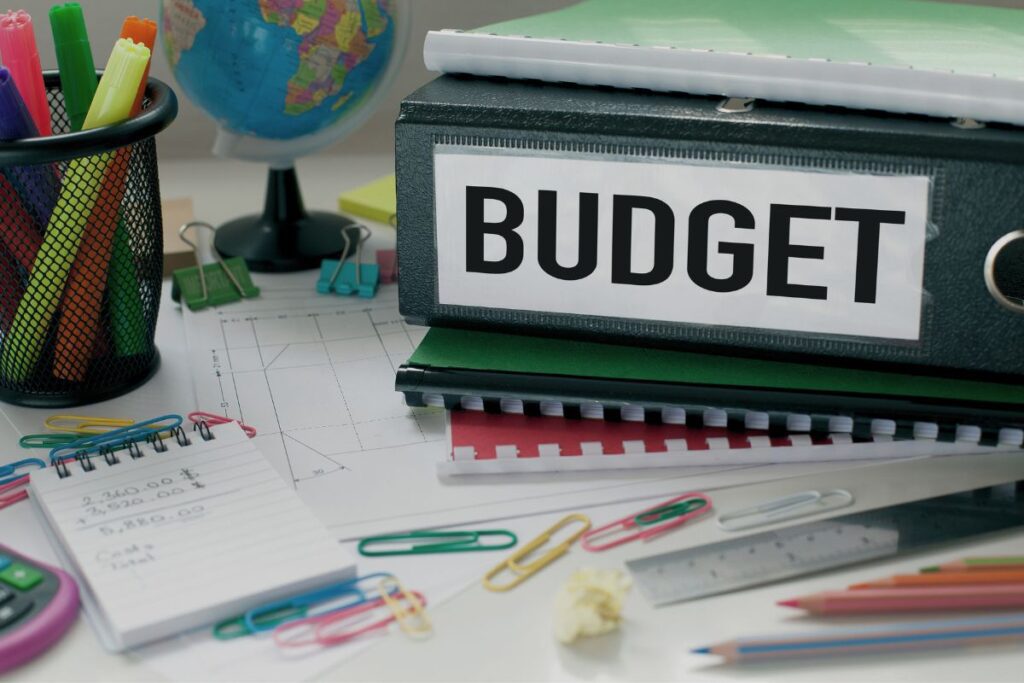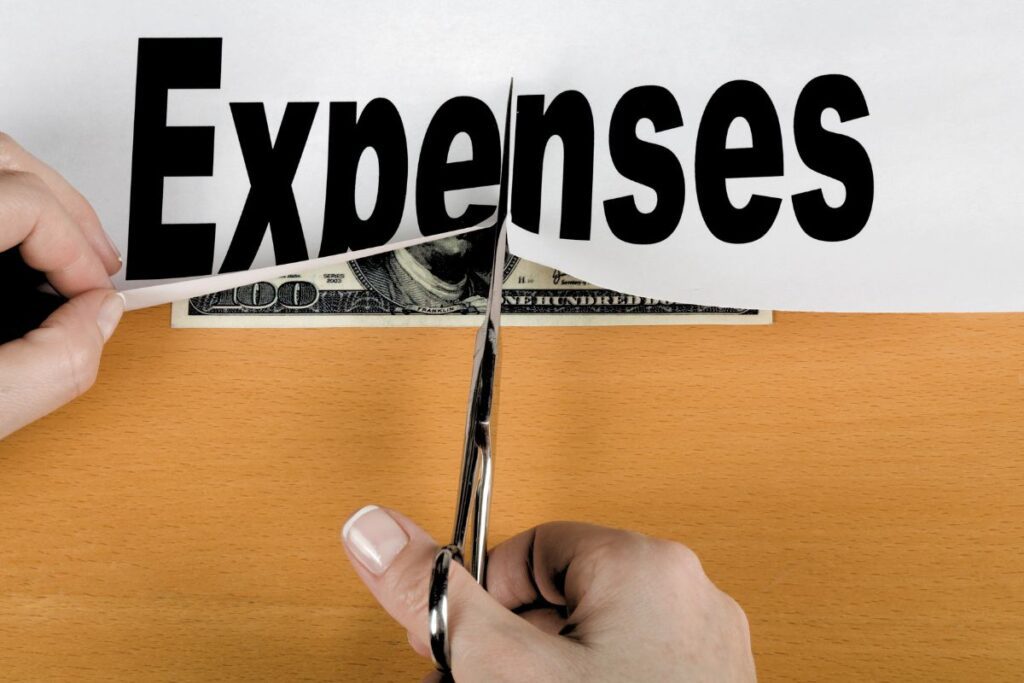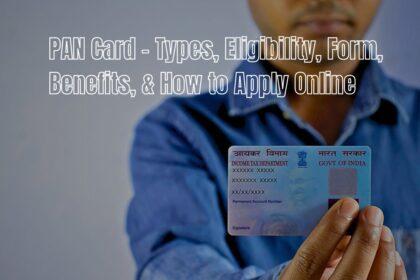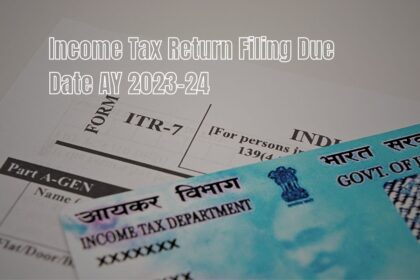Are you a beginner in the world of personal finance? Are you looking for practical tips to manage your money and secure your financial future? Look no further! In this comprehensive guide, we will provide you with 10 Crucial Tips for Beginners Personal Finance that will set you on the path to financial success. Whether you’re just starting your first job or embarking on a new phase of life, these tips will help you make informed decisions, avoid common pitfalls, and achieve your financial goals.
Introduction
Personal finance is a critical aspect of our lives, yet it is often overlooked or misunderstood. Many people find themselves in financial trouble due to a lack of knowledge and proper planning. However, by implementing the right strategies and adopting healthy financial habits, you can take control of your money and build a solid foundation for a secure future.
Create a Budget: The Key to Financial Success
One of the most important steps in managing your personal finances is creating a budget as Beginners. A budget is a detailed plan that outlines your income, expenses, and savings goals. By tracking your income and expenses, you gain a clear understanding of where your money is going and can identify areas where you can cut back or make adjustments.

To create an effective budget, start by listing all your sources of income. This may include your salary, freelance earnings, or any other income streams. Next, list all your monthly expenses, including rent or mortgage payments, utility bills, groceries, transportation costs, and entertainment expenses. Be thorough and ensure you capture all your expenses accurately.
Once you have a comprehensive list, compare your income and expenses. Ideally, your income should exceed your expenses, allowing you to save and invest. However, if you find that your expenses are greater than your income, it’s time to make some adjustments. Look for areas where you can reduce spending, such as eating out less often or canceling unused subscriptions. Remember, every dollar counts!
Save, Save, Save: Start an Emergency Fund
Life is unpredictable, and unexpected expenses can arise at any time. That’s why it’s crucial to have an emergency fund in place. An emergency fund is a pool of money set aside specifically for unforeseen circumstances like medical emergencies, car repairs, or job loss.
Financial experts recommend saving at least three to six months’ worth of living expenses in your emergency fund. This cushion provides you with a safety net and protects you from going into debt when the unexpected happens.
To start building your emergency fund, set a savings goal and make regular contributions. Treat your savings like a monthly bill and prioritize it. Consider setting up automatic transfers from your checking account to your savings account, making it easier to save consistently.
Tackle Debt: Say Goodbye to High-Interest Payments
Debt can be a significant obstacle to achieving financial freedom. High-interest debt, such as credit card balances or personal loans, can drain your finances and hinder your progress. It’s essential to tackle your debt strategically and develop a plan to eliminate it.
Start by making a list of all your debts, including the outstanding balance, interest rate, and minimum monthly payment. Focus on paying off high-interest debt first, as this will save you money on interest payments in the long run. Consider using the debt avalanche method, where you allocate extra funds to the debt with the highest interest rate while making minimum payments on other debts.
If you have multiple debts with similar interest rates, you can opt for the debt snowball method. With this approach, you focus on paying off the debt with the smallest balance first, providing a sense of accomplishment and motivation to continue.
Establish Financial Goals: Your Roadmap to Success
Having clear financial goals is crucial for staying motivated and on track. Your goals serve as a roadmap to guide your financial decisions and help you prioritize your spending and saving habits.
Start by identifying short-term, medium-term, and long-term goals. Short-term goals may include saving for a vacation or purchasing a new gadget. Medium-term goals might involve saving for a down payment on a house or paying off student loans. Long-term goals can include retirement planning or building wealth for future generations.
Once you’ve established your goals, break them down into actionable steps. Determine how much money you need to save each month to reach your goals within your desired timeframe. This will help you stay focused and make progress towards achieving your aspirations.
Educate Yourself: Knowledge is Power
When it comes to personal finance, knowledge is power. Take the time to educate yourself about various financing concepts, investment strategies, and money management techniques. The more you understand about personal finance, the better equipped you’ll be to make informed decisions and avoid common pitfalls.
There are numerous resources available to help you expand your financial knowledge. Books, blogs, podcasts, and online courses are great starting points. Visit reputable personal finance websites and explore topics such as budgeting, investing, retirement planning, and debt management. Additionally, consider seeking advice from certified financial planners or attending financial literacy workshops in your community.
Automate Your Savings and Investments: Set It and Forget It
Saving and investing regularly are essential for long-term financial success. However, it can be challenging to remember to set aside money each month. That’s where automation comes in.
Automation allows you to automate your savings and investment contributions, ensuring they happen consistently without requiring any additional effort from you. Set up automatic transfers from your paycheck to your savings and investment accounts. This way, you won’t be tempted to spend the money before saving or investing it.
Automating your finances also extends to bill payments. Take advantage of online banking services to schedule automatic payments for your recurring bills. This helps avoid late fees and ensures your bills are paid on time.
Diversify Your Investments: Don’t Put All Your Eggs in One Basket
Investing is a critical component of personal finance and can help grow your wealth over time. However, it’s essential to diversify your investments to minimize risk. Putting all your money in a single investment can be risky, as the performance of that investment alone will determine your overall financial success.
Diversification involves spreading your investments across different asset classes, such as stocks, bonds, real estate, and commodities. By diversifying, you reduce the impact of a single investment’s poor performance on your overall portfolio. A well-diversified portfolio can help protect your investments from market volatility and provide more stable returns.
Consider consulting with a microfinance advisor or using online investment platforms that offer diversified investment options. These platforms often provide guidance and support to help you make informed investment decisions.
Track Your Expenses: Small Leaks Can Sink a Ship
Tracking your expenses is crucial to maintaining a healthy financial life. Small, everyday expenses can add up quickly and derail your budgeting efforts. By monitoring your spending, you gain better control over your money and identify areas where you can make adjustments to improve your financial situation.
There are various methods for tracking your expenses, ranging from traditional pen-and-paper methods to advanced budgeting apps. Choose a method that works best for you and make it a habit to record your expenses regularly. Review your spending patterns periodically and look for opportunities to cut back or save more.
Protect Yourself with Insurance: Be Prepared for the Unexpected
Life is full of uncertainties, and it’s crucial to protect yourself and your loved ones from potential financial disasters. Insurance provides a safety net and ensures you are financially prepared for unexpected events such as accidents, illnesses, or property damage.

Consider obtaining health insurance to cover medical expenses, especially in countries where it is not provided by the government. Homeowners or renters insurance protects your property and belongings in case of theft, fire, or other disasters. Additionally, auto insurance safeguards you from financial liabilities in the event of an accident.
Evaluate your insurance needs and choose policies that provide adequate coverage for your specific circumstances. While insurance premiums may seem like an additional expense, they offer peace of mind and protect you from potential financial ruin.
Review and Adjust Regularly: Stay Flexible and Adapt
Personal finance is not a set-it-and-forget-it endeavor. As your life circumstances change, it’s crucial to review your financial situation and adjust your strategies accordingly. Regularly evaluate your budget, goals, and investment portfolio to ensure they align with your current needs and aspirations.
Life events such as marriage, having children, or changing careers can impact your financial situation and require adjustments to your financial plans. Regularly revisit your budget, update your goals, and consult with financial professionals to ensure you’re on the right track.
Additionally, stay informed about changes in tax laws, investment regulations, and financial trends that may impact your financial decisions. By staying flexible and adapting to new circumstances, you can navigate through life’s challenges while maintaining financial stability.
Frequently Asked Questions (FAQs)
-
How do I start investing if I’m a beginner?
Starting to invest can be intimidating, but it’s essential to get started early. Begin by educating yourself about different investment options and understanding your risk tolerance. Consider investing in low-cost index funds or exchange-traded funds (ETFs) as a beginner-friendly option. Online investment platforms often provide resources and guidance for new investors.
-
Should I pay off my debt or save first?
It’s generally advisable to prioritize high-interest debt repayment before focusing on saving. High-interest debt can accumulate quickly and hinder your financial progress. However, it’s essential to maintain a small emergency fund while paying off debt to handle unexpected expenses. Once your high-interest debt is under control, you can allocate more funds towards saving and investing
-
How much should I save for retirement?
The amount you need to save for retirement depends on various factors, including your desired retirement lifestyle, expected expenses, and retirement age. A common guideline is to save at least 10-15% of your income for retirement, but it’s advisable to consult with a financial planner to determine a personalized savings goal.
-
How can I improve my credit score?
Improving your credit score requires consistent effort and responsible financial habits. Start by paying your bills on time, reducing your credit card balances, and avoiding unnecessary debt. Regularly review your credit report for errors and address any discrepancies promptly. Over time, responsible credit management will help improve your credit score.
-
Should I hire a financial advisor?
Hiring a financial advisor can be beneficial, especially if you’re unsure about complex financial matters or need professional guidance. A financial advisor can help you create a personalized financial plan, navigate investment options, and provide insights into optimizing your financial situation. Ensure you choose a qualified and reputable advisor who aligns with your goals.
-
How can I save money on a tight budget?
Saving money on a tight budget requires discipline and careful planning. Start by identifying areas where you can reduce expenses, such as eating out less frequently or cutting back on subscription services. Consider alternative ways to save, such as buying in bulk, using coupons, or exploring free or low-cost entertainment options. Additionally, track your expenses diligently and prioritize saving even small amounts regularly.
Conclusion
Mastering personal finance is a journey that requires commitment, discipline, and continuous learning. By implementing these 10 Crucial Tips for Beginners Personal Finance, you can lay a strong foundation for financial success. Create a budget, save regularly, tackle debt strategically, and establish clear financial goals. Educate yourself, automate your savings, and diversify your investments. Track your expenses, protect yourself with insurance, and regularly review and adjust your financial strategies.
Remember, everyone’s financial journey is unique, and it’s important to tailor these tips to your individual circumstances. Stay focused, stay motivated, and stay flexible as you navigate the world of personal finance. With time, patience, and dedication, you’ll gain the knowledge and confidence to make sound financial decisions and achieve your dreams.













